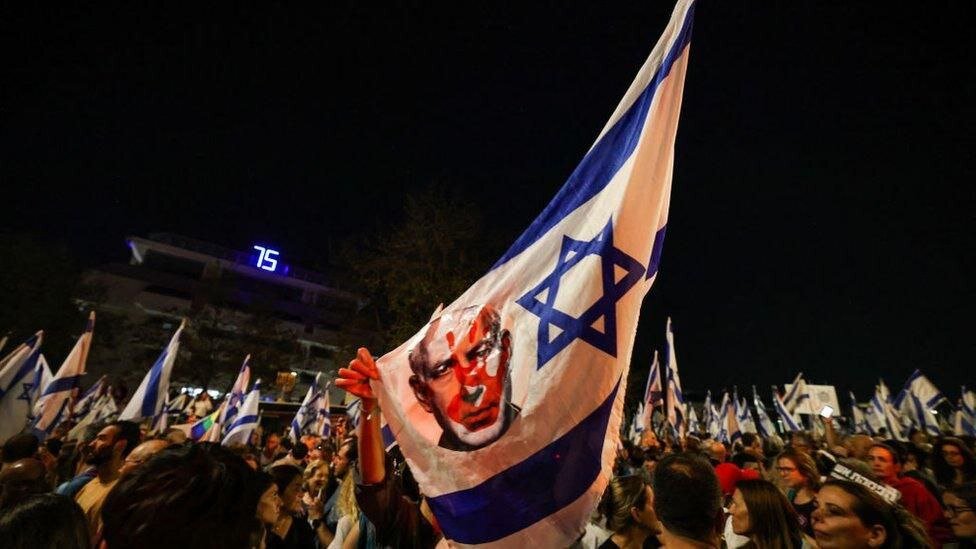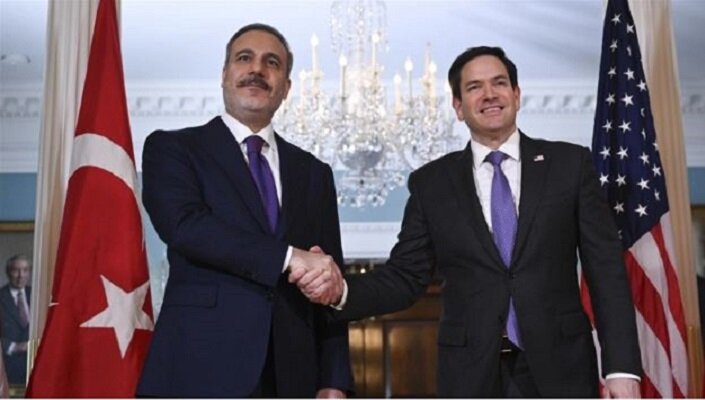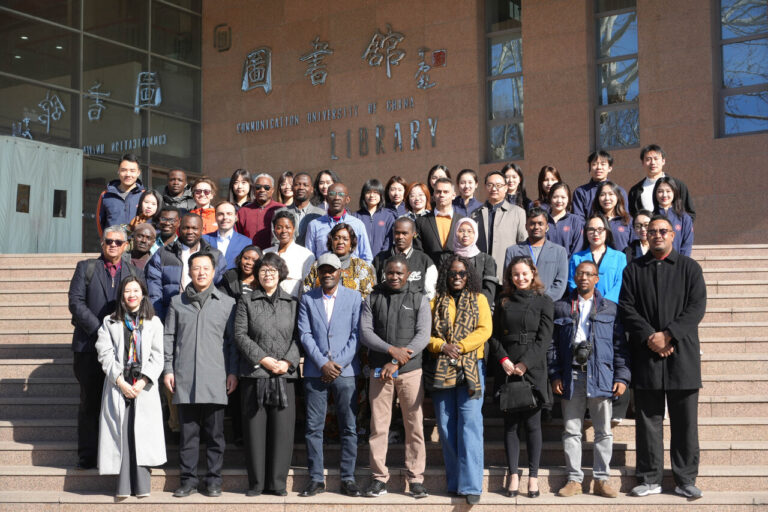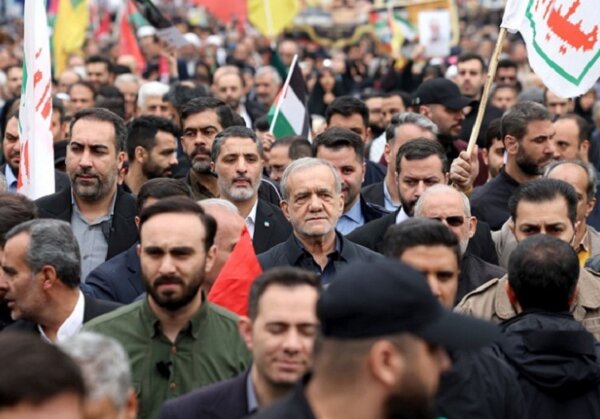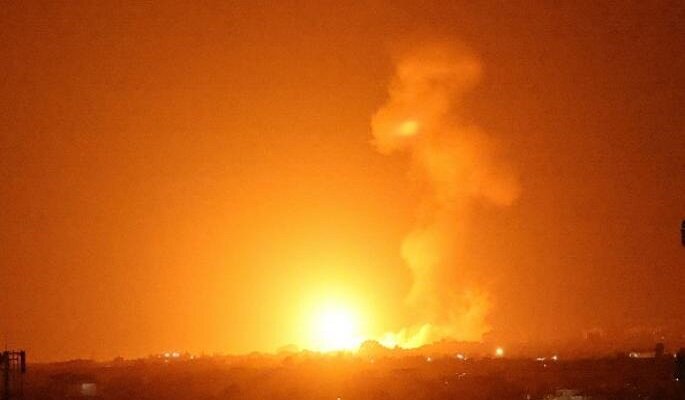Netanyahu Stands Firm: Appoints Shin Bet Chief Amid National Outcry
The Israeli regime is currently facing one of its most significant internal crises in recent history, primarily triggered by Prime Minister Benjamin Netanyahu’s controversial appointment of Major General David Zini as the new Shin Bet chief. This decision has exposed the profound divisions within the country, revealing deep-seated conflicts and challenges to the rule of law.
Netanyahu’s announcement came just a day after the High Court of Justice ruled that his previous dismissal of Shin Bet chief Ronen Bar was “illegal” and executed in an “improper” manner. The court highlighted Netanyahu’s evident conflict of interest linked to the ongoing “Qatargate” scandal involving his inner circle. Attorney General Gali Baharav-Miara had explicitly barred Netanyahu from appointing any new officials until these legal matters were resolved. Despite this directive, Netanyahu’s choice of Zini has been characterized as a blatant disregard for legal norms, marking a significant attack on Israel’s institutional checks and balances.
Military Outrage Following the Appointment
The process surrounding Zini’s appointment has further heightened tensions within the military and the government. Notably, there was no prior consultation with IDF Chief of Staff Lt. Gen. Eyal Zamir, who learned of the announcement just moments before it became public. In a striking rebuke, Zamir dismissed Zini from the army for conducting unauthorized discussions with Netanyahu, an action that underscores the serious nature of this breach and the alarming degree of political interference.
Widespread Discontent Among Israeli Society
A variety of groups within Israeli society have voiced their disapproval of Netanyahu’s recent actions. These include:
- Civil society organizations
- Opposition leaders
- Legal authorities
- High-ranking military officials
Critics of the appointment argue it not only violates established legal norms but also dangerously politicizes the Shin Bet, Israel’s most crucial security agency. The selection of Zini, a decorated field commander lacking any intelligence experience, following a brief and informal conversation with Netanyahu, emphasizes the absence of transparency and merit in this process.
Deep Societal Divisions Emerge
The divisions within Israeli society extend beyond institutional disagreements to deeper societal rifts. The opposition has urged Zini to refrain from assuming the role until a warning from the Supreme Court is issued. Meanwhile, civil society groups have labeled the appointment as “brazen and defiant,” accusing Netanyahu of prioritizing personal and political interests over national security. Hostage families, whose loved ones are in Hamas’ custody, have also expressed their outrage, arguing that Zini is unsuitable for such a pivotal position due to his reported opposition to ceasefire and hostage release negotiations.
Netanyahu’s Overreach of Power
This incident is not an isolated event but rather part of a larger trend of executive overreach and the erosion of democratic principles during Netanyahu’s tenure. By disregarding the military, the attorney general, and the judiciary, Netanyahu appears to be consolidating his power at the expense of Israel’s already fragile institutional integrity. The result is a scandal-ridden, fractious, and lawless regime.
The announcement of David Zini as the new Shin Bet chief exemplifies the regime’s internal disunity and fragmentation. As Netanyahu’s cabinet faces increasing backlash, the core of Israel’s security and governance has been compromised. This scandal has escalated into a standoff, not merely over this particular appointment, but over the very viability of the regime itself. The future of the government is now uncertain, characterized by a lack of trust, ongoing legal strife, and significant internal discord.
As the situation unfolds, many are left questioning whether the current administration can navigate these turbulent waters and restore faith in its ability to govern effectively. The implications of this internal crisis will be felt across various sectors, including security, governance, and public trust, as Israel grapples with the repercussions of these significant developments.
